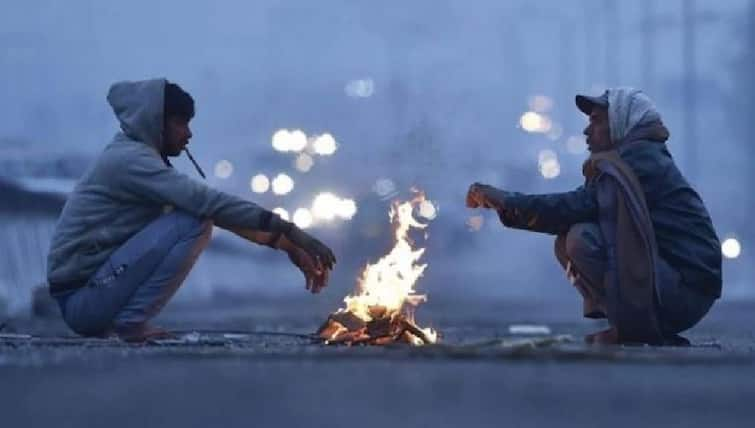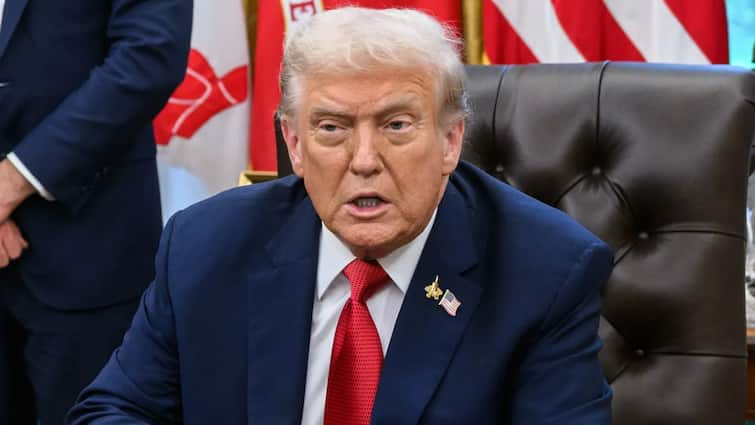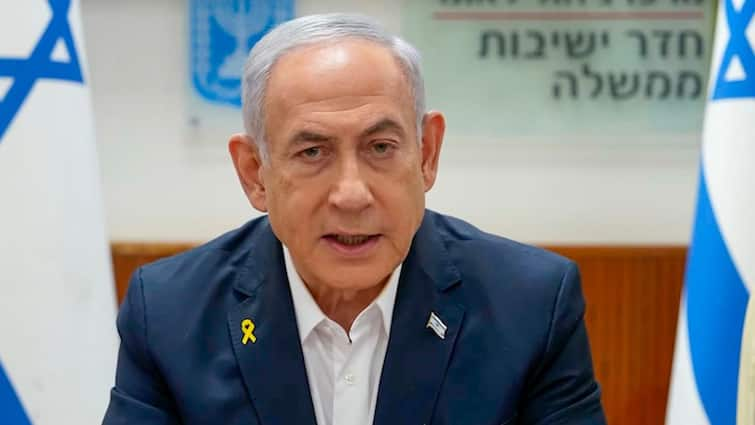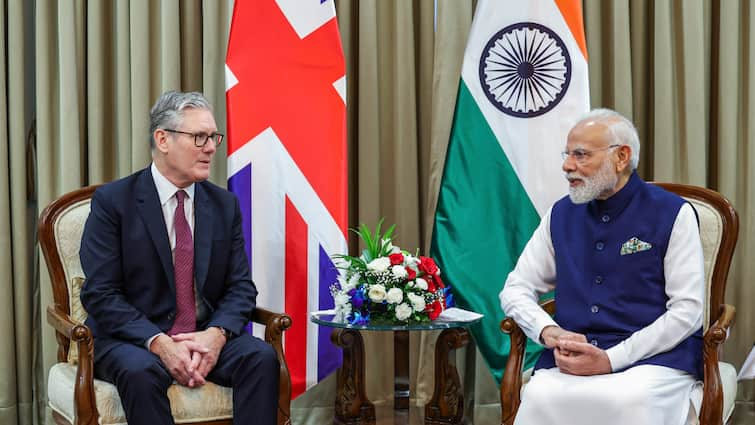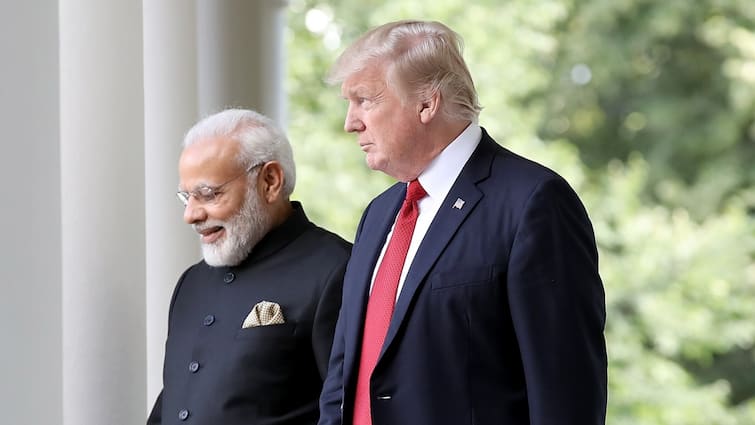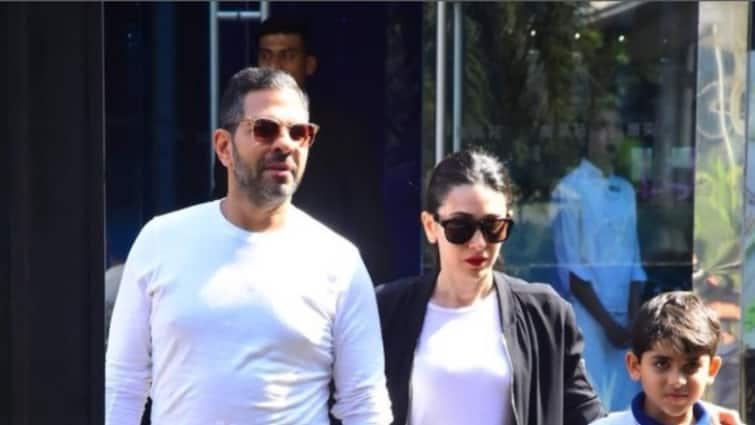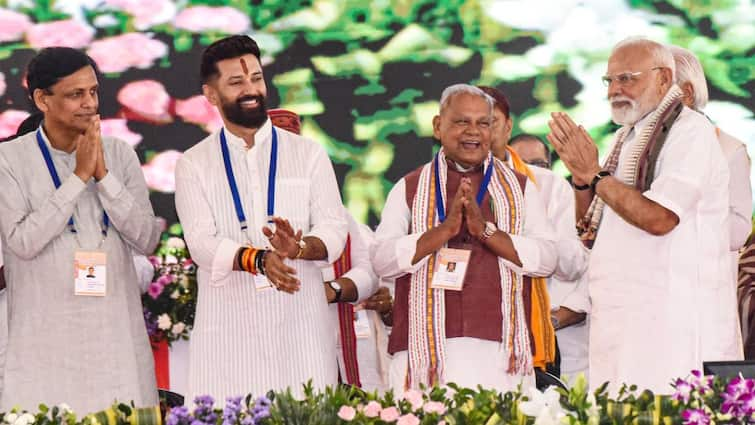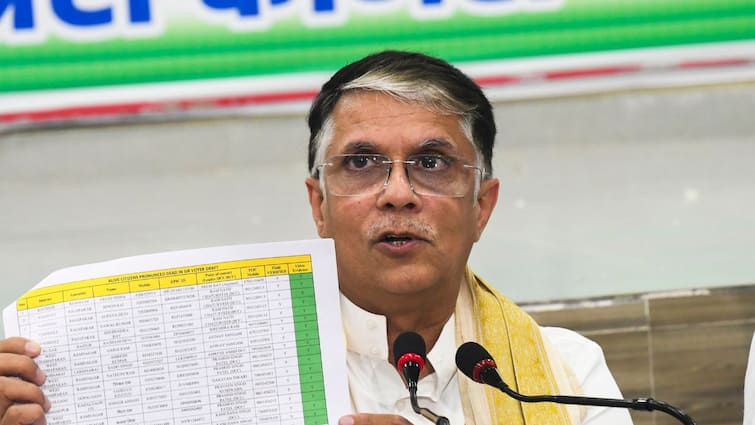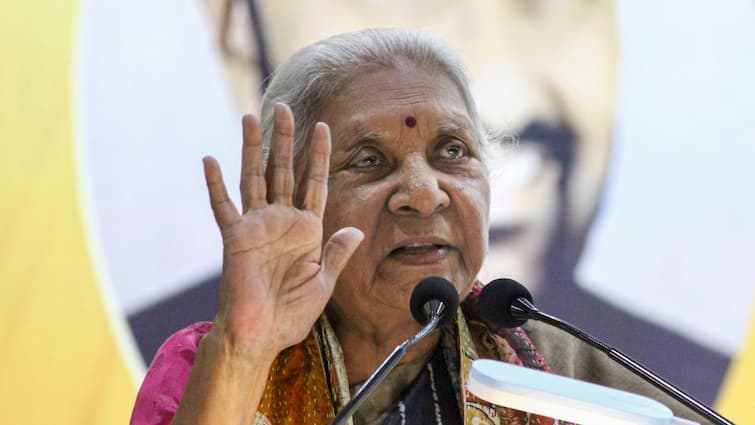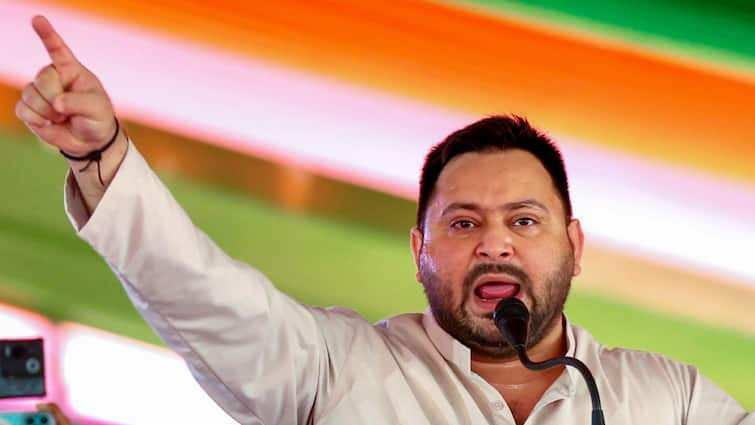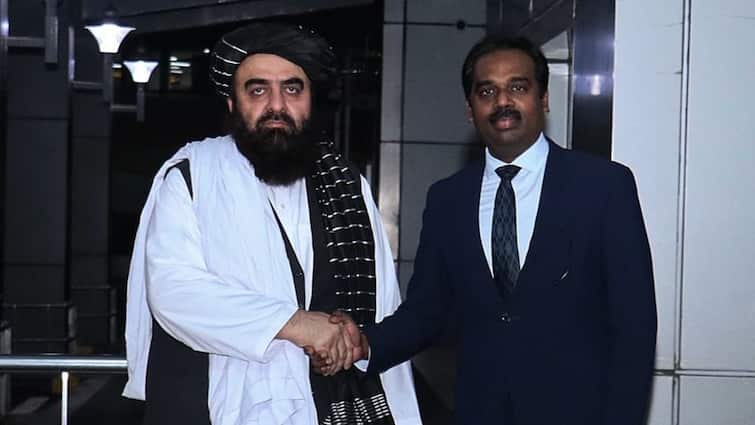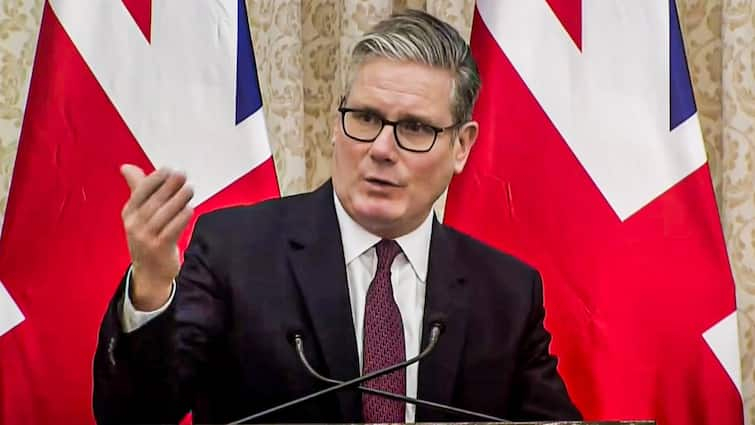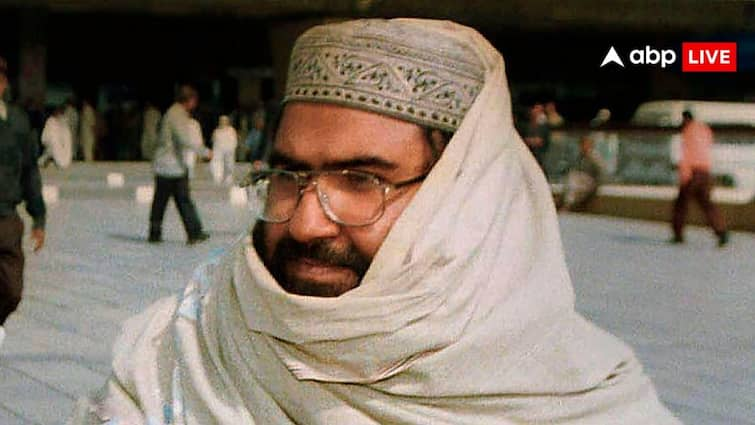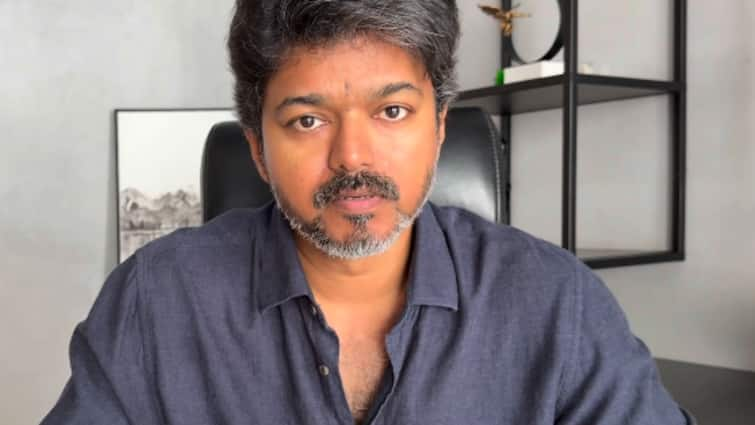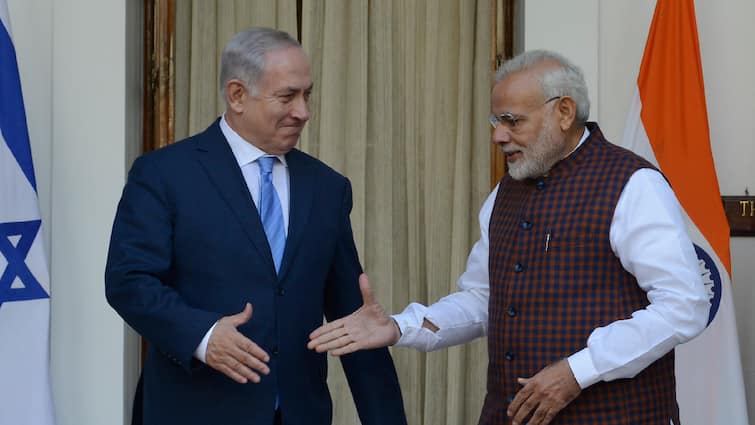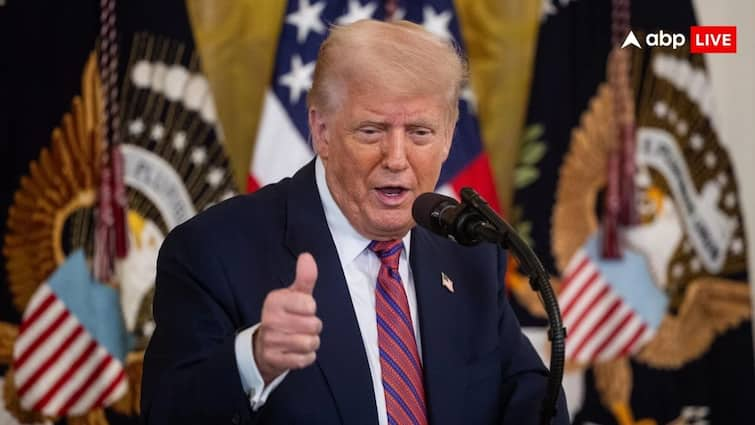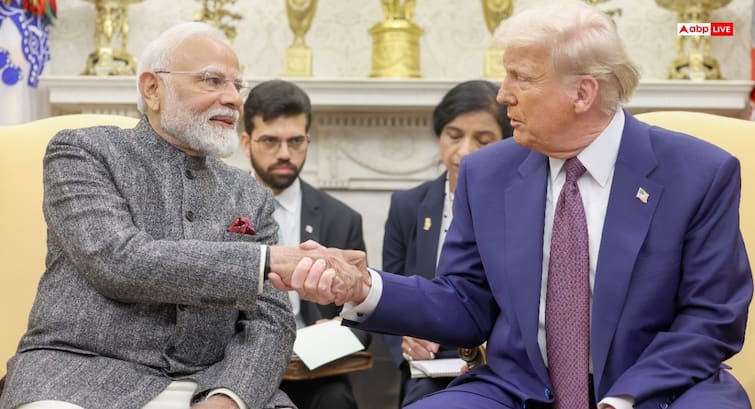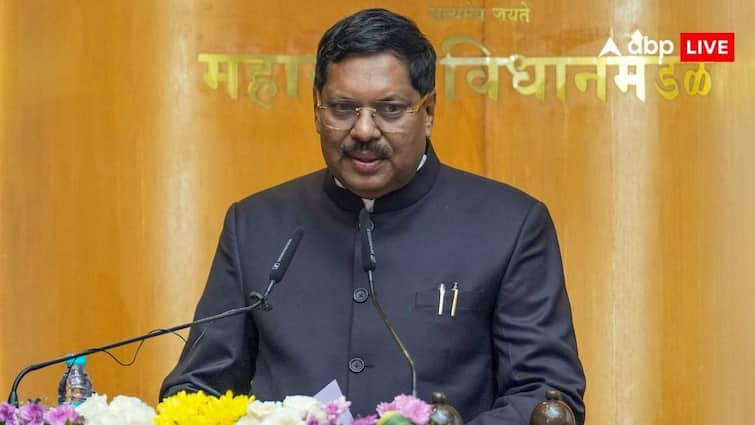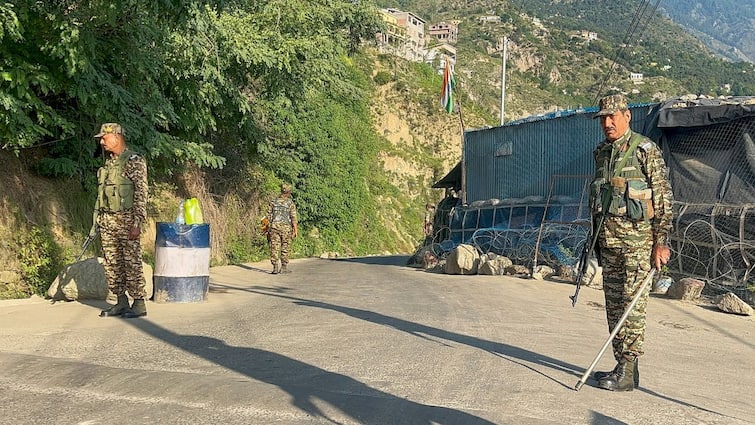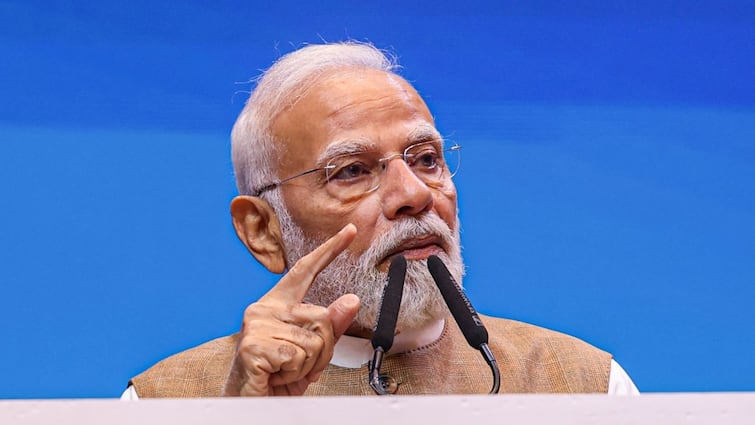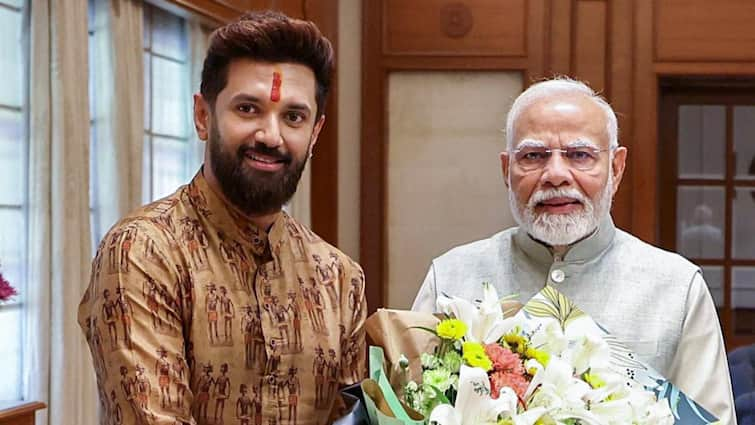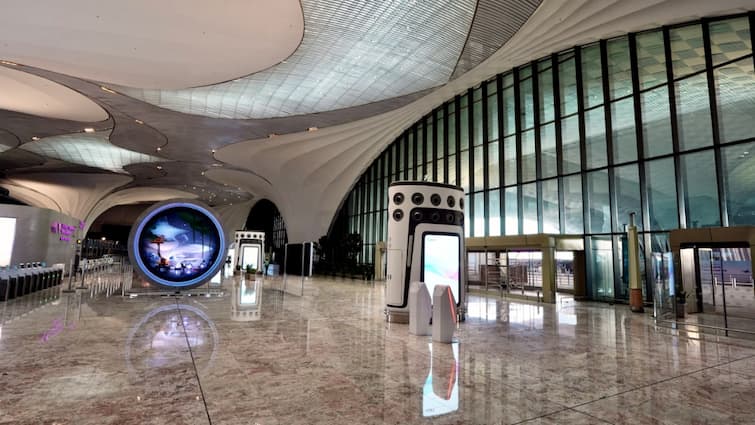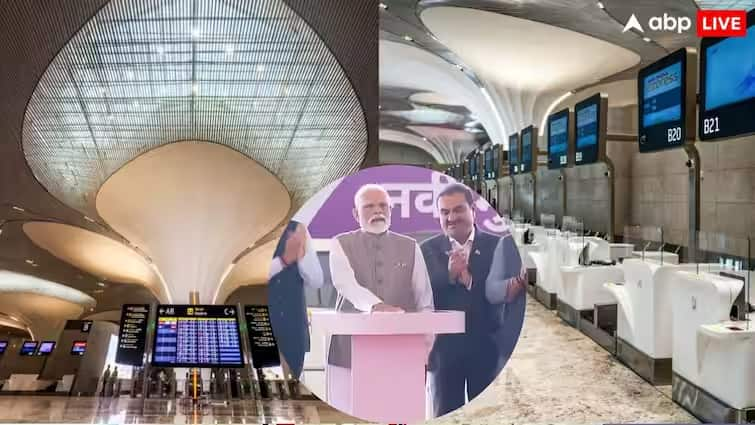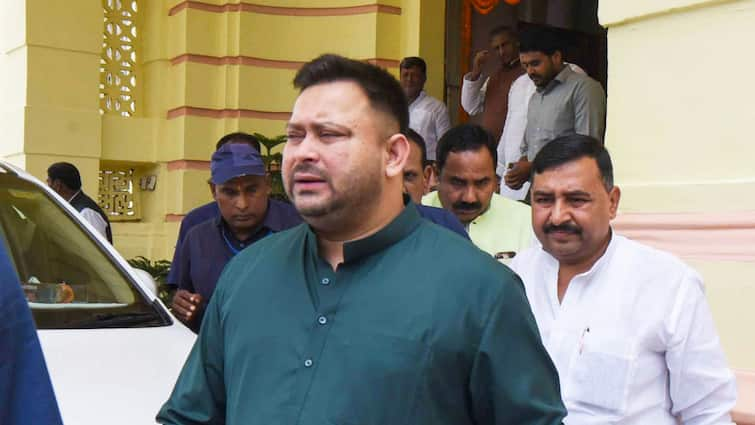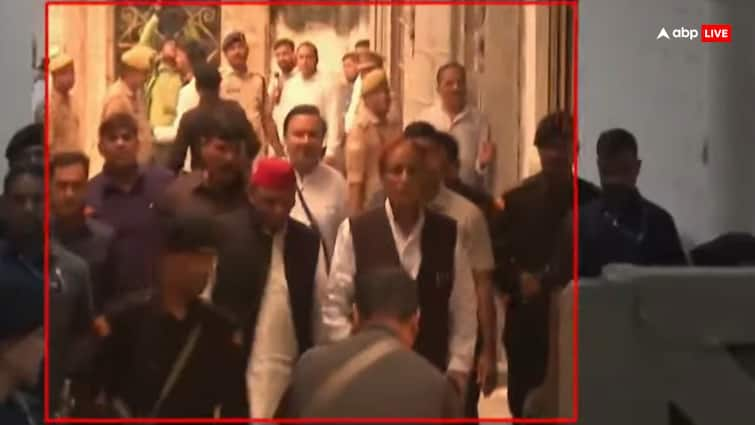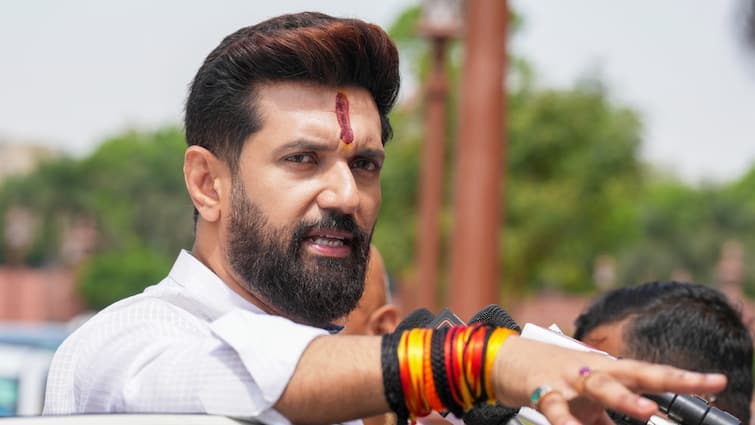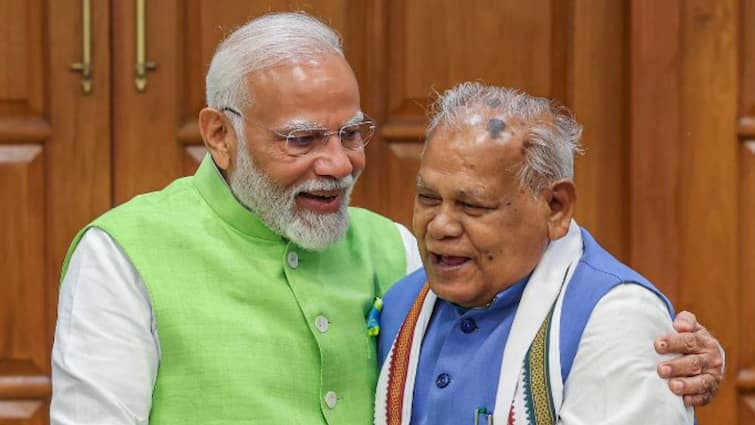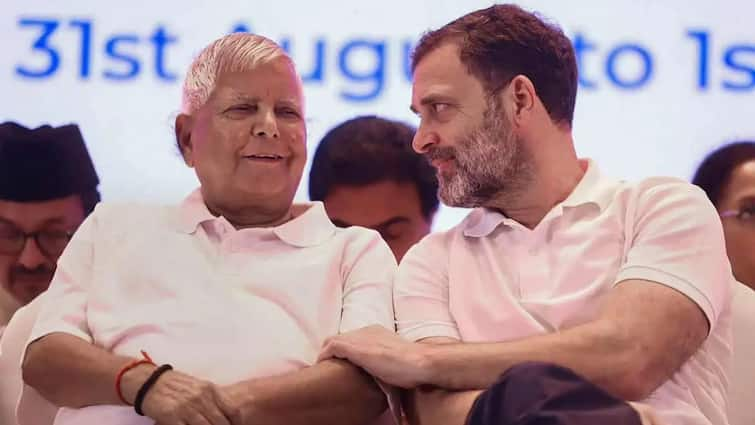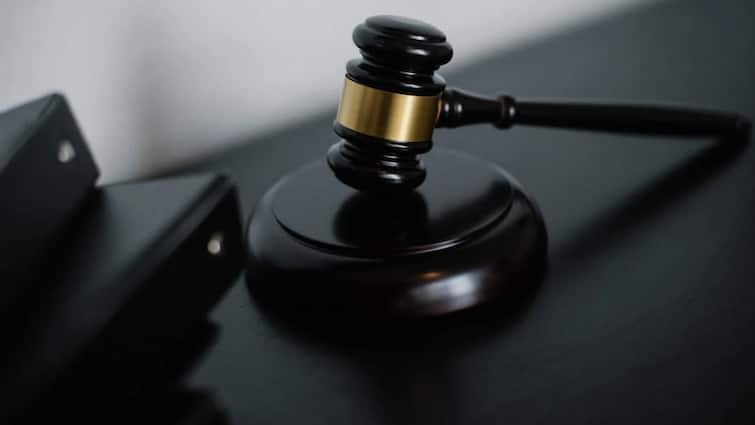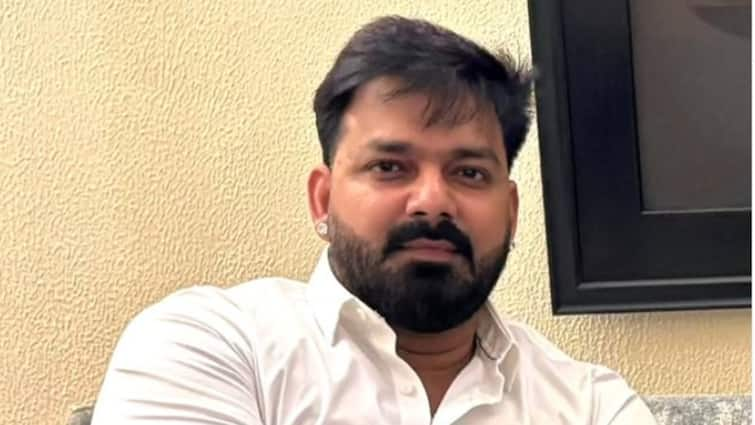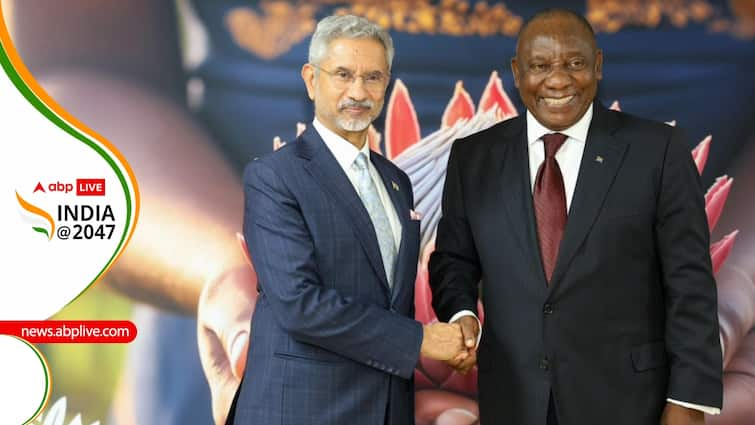
G20 Foreign Ministers’ Meeting: External Affairs Minister S. Jaishankar spoke about growing “anxieties” amongst countries regarding concentrated supply chains, weaponisation of trade and finance, and transparency of data flows, at the ongoing G20 foreign ministers’ meeting that began in Johannesburg, South Africa on February 20. This comes at a time when the role played by the United States in the multilateral grouping has been questioned under the Donald Trump administration.
“The global geo-political situation remains difficult by any definition. Some of it is the accumulated challenges of the Covid pandemic, conflict situations, financial pressures, food security and climate concerns. But there are also the current anxieties about concentrated supply chains, weaponization of trade and finance, and transparency of data flows,” Jaishankar said at the G20 FMM on Thursday.
Speaking at the session, the external affairs minister also said in the coming years differential progress on AI and EV, space, drones or green hydrogen have clear geo-political implications.
According to Jaishankar “geo-politics is a reality, as is national interest”.
“But the very purpose of diplomacy — and a group like G20 — is to find common ground and create the basis for collaboration. We can do so best by observing international law, respecting the UN Charter and preserving institutions,” he said.
He added: “Differences must not become disputes, disputes should not become conflicts, and conflicts should not lead to a bigger breakdown. There are lessons from the last few years for all of us to reflect on. But equally, an experience to draw upon as we seek to lead the world to a better place.”
This year South Africa is holding the presidency of G20. This is for the first time an African country is hosting meetings of the multilateral grouping. G20 is a grouping of the world’s largest economies.
Meanwhile, the US under Donald Trump decided to downplay its role at the multilateral body by not sending Secretary of State Macro Rubio for the FMM. The United States was represented at the meeting by Dana Brown, Chargé d’Affaires for the US Mission to South Africa.
The US reportedly had issues with Pretoria’s G-20 theme of ‘Solidarity, Equality and Sustainability’ that Rubio has labelled as “anti-Americanism”.
“I will NOT attend the G20 summit in Johannesburg. South Africa is doing very bad things. Expropriating private property. Using G20 to promote ‘solidarity, equality, and sustainability’. In other words: DEI (diversity, equity and inclusion) and climate change … My job is to advance America’s national interests, not waste taxpayer money or coddle anti-Americanism,” Rubio said in a social media post.
But the larger issue here also is simmering tensions between Washington DC and Pretoria over a certain land reform law unveiled by Cyril Ramaphosa’s government that the US alleges to be discriminatory in nature.
ALSO READ ON ABP LIVE | After Over Five Decades Of Diplomatic Ties, India and Qatar Become Strategic Partners
US May Not Send Treasury Secretary For G20 Finance Ministers’ Meeting
South Africa will next be holding the G20 finance ministers’ meeting and it seems the US will not be sending the Treasury Secretary, signalling a sort of pullback from the grouping.
According to South African Foreign Minister Naledi Pandor, the US’ main issue behind playing a smaller role in G20 is Pretoria’s move to approach the International Court of Justice (ICJ), top court of the UN against Israel for carrying out “genocide” in Gaza.
In her opening remarks at the G20 FMM in Johannesburg, Pandor said: “South Africa approached the ICJ as we believe that institutions like the ICJ are important instruments of global governance and that these institutions should be at the forefront of settling disputes peacefully.”
She added: “Also, in terms of the convention, as a state party we are duty bound to take action, if we genuinely believe that the provisions of the convention are being breached. The negative reactions by some states to South Africa doing this is indicative of the prevailing institutional bias within international law which is, that international law and its institutions are not meant to hold powerful countries and their allies to account, even if it’s for the crimes of crimes.”
Pandor also said: “This practice has led to decades of institutionalised impunity for the most powerful countries and their allies. This has to change if we are to end impunity. Transforming and using the institutions of global governance to ensure a more just and equitable international legal order for all is now more urgent than ever. Making international law accessible for all, includes the urgent need for reform of the United Nations system.”
South Africa assumed the G20 Presidency on December 1, 2024 and will be the chair till November 2025. The G20 Summit is scheduled to be held on November 22-23. The presidency thereafter will be handed over to the US, which will be the chair of the multilateral body in 2026.
Doonited Affiliated: Syndicate News Hunt
This report has been published as part of an auto-generated syndicated wire feed. Except for the headline, the content has not been modified or edited by Doonited




